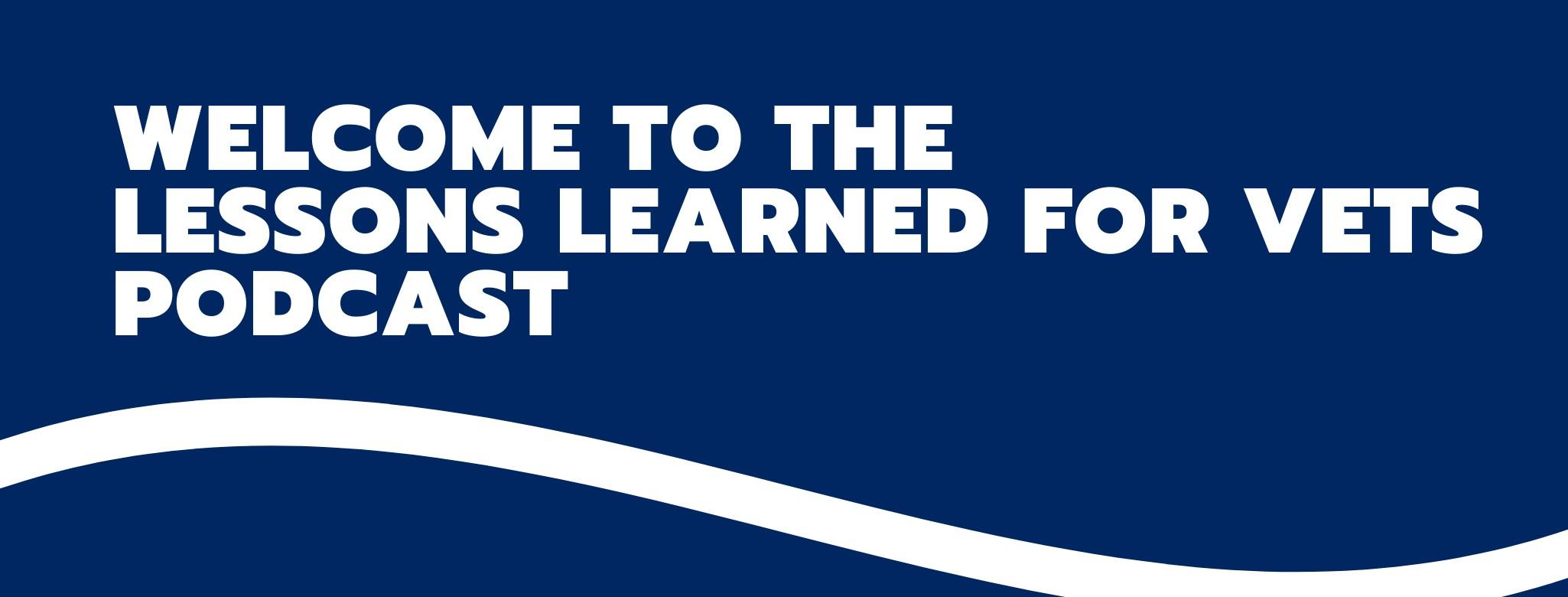
-
-
-
Episode #30:
-
-
Pursuing Your Dreams After the Military with Chris McGhee
Following a 20-year career in aircraft maintenance, Chris McGhee retired from the US Air Force in 2018, moved his family to Maine and launched his law degree. He has held multiple roles over the past few years while studying to become an attorney and made time to create a weekly podcast, “20 Years Done,” in honor of his flightline experience and colleagues. Chris offers the perspective of his stumbles through automated systems and suggests forming networking relationships within your desired post-military industry years in advance of your separation or retirement.
Lessons Learned:
- Understand what an employer wants and needs in order to target your application, resume and interview.
- Learn how to navigate automated systems. This may include hiring a professional to help you.
- Determine and own what you’ve always wanted to do, because doing the “safe thing” that you don’t enjoy will lead to regret.
- Explain how your military service supports the role you’re interested in.
- You can shift the conversation from “mission” to “customer outcome” or “impact for the organization.”
- Be honest on your resume, because the interviewer will want specifics of why, how and what you really did.
- Know the real numbers for dollars and working hours you saved, teams of people you led.
- Transitioning service members have multiple challenges, especially if you want to move away from your last duty station.
- If you want to buy a house in a new location, you either need the cash or a new job that a mortgage lender will approve.
- Your immediate network is other service members, who may or may not know anything about the new work you want to do.
- Chris’s Concentric Ring Theory for Your Personal Network
- Smallest ring = Most immediate, military community
- Next largest = Military industrial community (i.e. – Lockheed Martin, Northrop Grumman…), may be contractor work
- Next largest = Civilian equivalent to what you did in the military. You need specific certifications and there are fewer veterans or service members in this ring.
- Next largest = Unrelated roles in the private sector.
- As the circles increase in size, your level of influence and number of contacts decrease.
- A friend who recently transitioned doesn’t have much pull to get you into the post-military work space.
- Network sooner than retirement or separation.
- Communicate with intention on social media.
- Avoid bias, politics, religion, etc.
- The LinkedIn algorithm may have a tough time figuring you out if you are targeting multiple areas.
- Use your veteran status to your advantage, but don’t count on it as a “golden ticket.”
- Talk with a mentor to guide you on the next step.
- Life experience helps you be better at your next thing. Perhaps you have:
- Bought a house and know the process
- Dealt with the military justice system as a supervisor
- Increased perspective, maturity, etc.
- Don’t stop yourself because of your age or a timeline.
- If you’re missing the flightline, check out Chris’s podcast, “20 Years Done:”
- https://spoti.fi/3gYbJy7
Are You Struggling to Write Your Resume?
I created the Veteran Resume Self-inspection Checklist to lessen the resume writing struggle for veterans. This 11-item checklist will educate you in resume best practices while giving veterans a guide to assess their resume and determine if it's ready to send to employers.
Download Your Checklist Here




